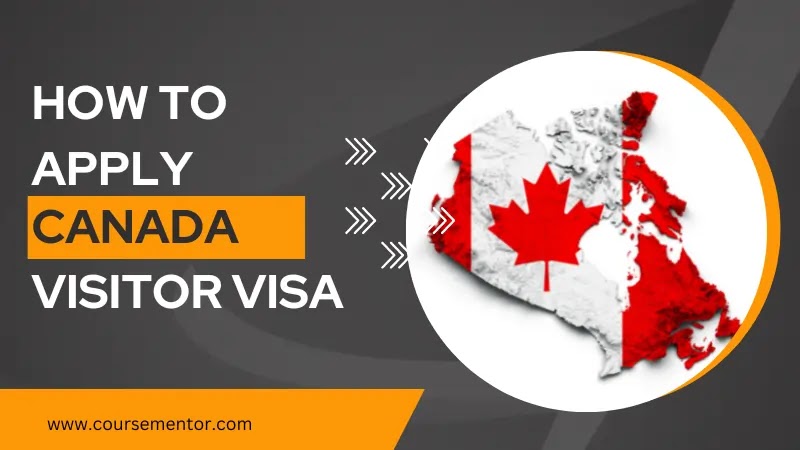The TOEFL exam is divided into four sections: reading, writing, listening, and speaking, as can be seen from the exam pattern. To achieve a high TOEFL score overall, it is necessary to thoroughly prepare for each of these components. To improve your overall preparations, you can use the preparatory advice provided for each component below. Let’s start to learn about how to prepare for toefl:
Reading
One of the most important methods to master this section is to increase your vocabulary. You should read a lot, especially books on business, the arts, the sciences, and the social sciences if you want to expand your vocabulary. Additionally, you may arrange word lists according to academic disciplines like biology, geology, and psychology. As much as you can, try to learn the definitions of word suffixes, prefixes, and common roots.
Look into the structure of scholarly texts. Search the text for the main themes and take note of how they are related. After that, list them, and then draught a summary of the material. Make sure your summary includes any comparisons the text makes if there are any. Make sure both viewpoints are represented in your summary if the text debates two different points of view.
Read a passage from a book or other academic work. For each paragraph, create a "headline" while keeping the main ideas of the article in mind. The "title" should be brief (5 to 8 words), followed by a synopsis of the entire paragraph (5 to 6 sentences).
Listening
Listen to a range of themes; start with recordings on well-known subjects, then move on to new subjects with greater difficulty and duration.
With English subtitles on, listen to each tape once, and then listen again, concentrating on the connections between topics. Try to tell fact from opinion.
Keep a running list of the new terms and phrases you come across.
Think about the objectives of the lecture or conversation and what each speaker expects to accomplish.
Note the speaker's approach, level of conviction (whether he or she is certain of what they are saying), emphasis and tone, topic switches and transitions, repetition of concepts, and paraphrases.
Speaking
Use words to express viewpoints, describe issues and their fixes, and draw comparisons and contrasts.
Learn to employ contractions (I'm, who's), idioms, and informal speech, and practise your pronunciation, stress, and intonation.
Practice speaking freely. Make a list of topics to chat about, whether they are academic or not (sports, travel, hobbies, etc.).
Read a book or listen to a lecture to learn as much as you can. Write a review of it or deliver a one-minute op-ed.
Writing
study essay structure and paragraph structure.
Learn how to type on a QWERTY keyboard.
Recognize synonyms.
By listening to online lectures or seminars that have been recorded, you can refine your response and write it down.
Write a phrase using a word's noun form, and then use the verb form to convey the same idea.
Try to summarise two or three sentences. next advance to rephrasing longer phrases and paragraphs.

Comments
Post a Comment